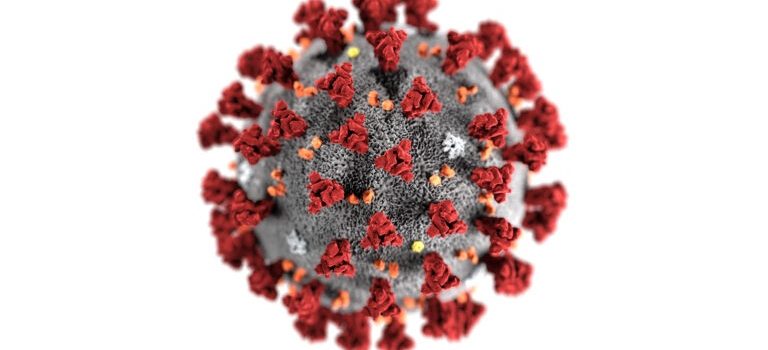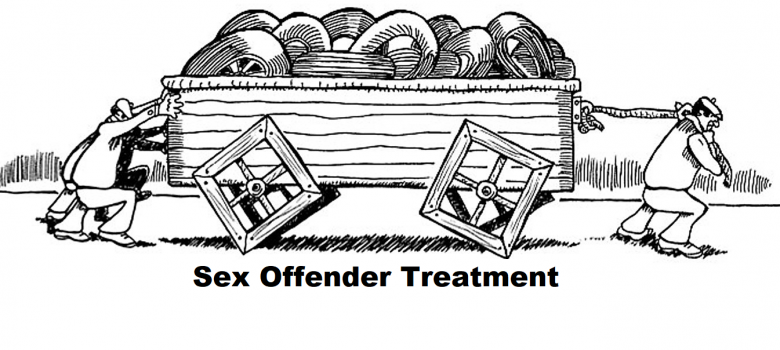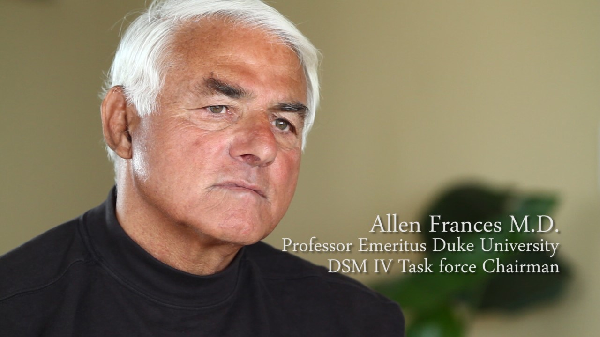“Death Sentence” — Across U.S., COVID-19 takes a hidden toll behind bars

COVID-19 is spreading rapidly in U.S. jails and prisons, but testing of inmates and staff remains spotty and many confirmed cases are going unreported. The resulting lack of data has deep implications for the fight against the virus, because prison outbreaks can move easily to surrounding communities. By PETER EISLER, LINDA SO, NED PARKER and BRAD HEATH Filed May 18, 2020, 11 a.m. GMT When COVID-19 began tearing through Detroit’s county jail system in March, authorities had no diagnostic tests to gauge its spread. But the toll became clear as deaths mounted. First, one of the sheriff’s jail commanders died; then, a deputy in a…













